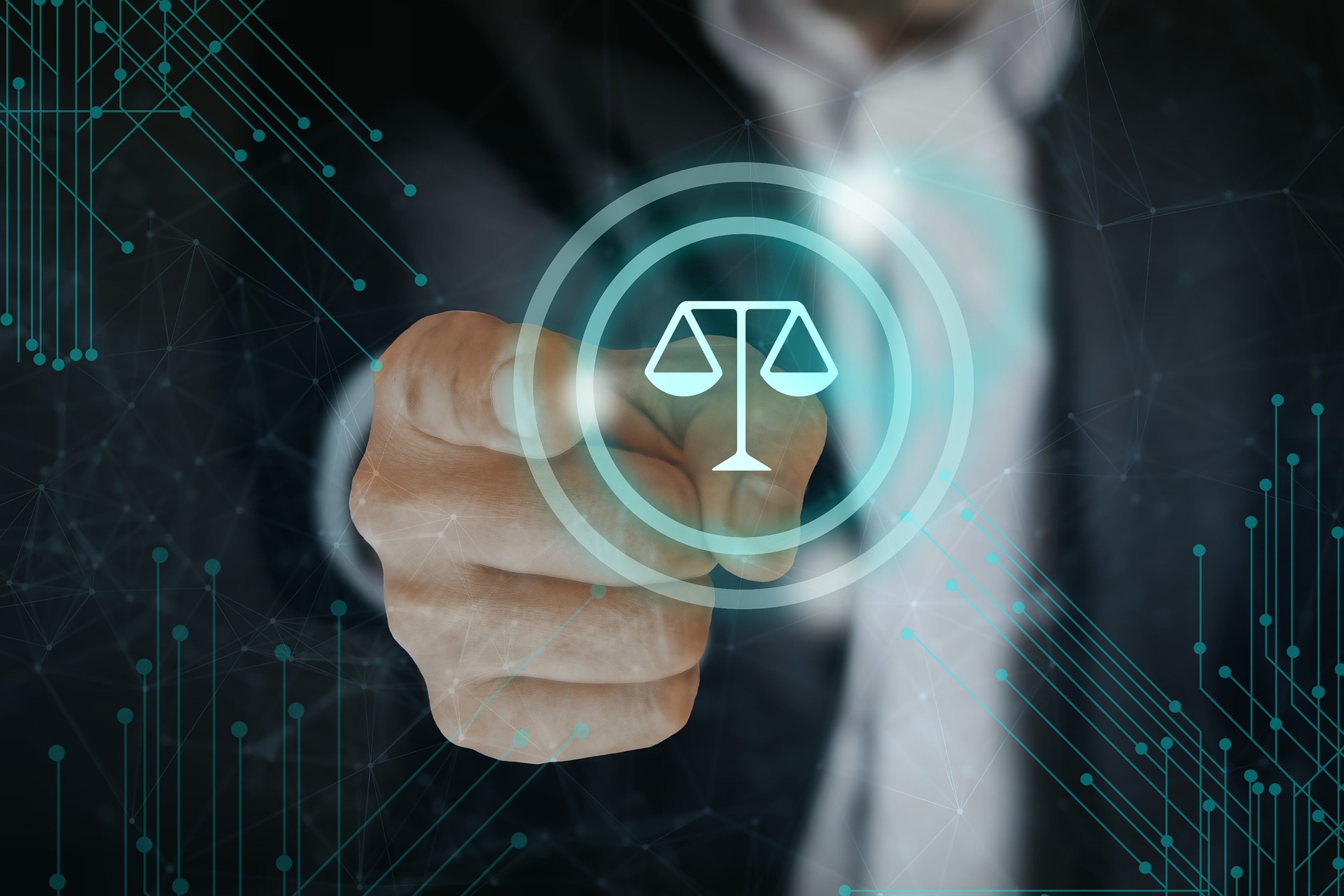DIGinLaw project is run by a consortium of higher education institutions aware how strongly digitalization affects the society, science and transfer of knowledge. While taking advantage of modern technologies at low environmental costs, DIGinLaw raises awareness of digital demands in HE in law and fosters the creation of digital literacy and digital competence that is needed in the law labour market, thereby fostering free circulation of highly educated workers; and creating open and inclusive society of legal knowledge and open access to scientific area dealing with effects of digitalization on law and legal education.
Though triggered by a pandemic, project partners adhere to the idea that developing high level Massive Open Online Courses (MOOCs) in law are necessary and beneficial for many reasons. Increased digitalization has changed the way legal services are conducted. Future lawyers ought to be competent and skilled to meet the needs of their clients, law firms and the court system. The partners acknowledge that the Bologna process and subsequent creation of European Qualification Framework foster transparency and build trust in each other’s higher education systems, for the benefit of full enjoyment of market freedoms of highly educated European population. Nevertheless, a full accomplishment of a European society of knowledge and free movement calls for an action. DIGinLaw addresses that call at multiple levels. The partners of the DIGinLaw project acknowledge that the lack of specific methodology in an e-course creation and performance caused by insufficient digital competences of the HE lecturers may impede the full capacity of legal knowledge transfer in a virtual environment. Thereby, the project supports the training of educators as well as raises awareness of its significance for HE of the future in general.

The project contributes to the digitalization of legal education and development of transferable digital competences. Europe’s digital future has recently been set out in the EU Digital Strategy of 2020. This project meets the desired future investment in digital competences for all Europeans and directly contributes to achieving an open, democratic and sustainable society that takes advantage of technology to reach the milestone of Europe becoming climate-neutral by 2050. The DIGinLaw project is also in line with the European Digital Education Action Plan 2021-2027: Resetting education and training for the digital age, in particular its priorities of a) fostering the development of a high performing digital education ecosystem, and b) enhancing digital skills and competences for the digital transformation. Digital competences are an inevitable ingredient of the HE legal education! The importance of open resources in higher education has been acknowledged at a global level by the UNESCO Guidelines for open educational resources (OER) in higher education of 2011 and UNESCO Guidelines on the development of open educational resources of 2019. Inclusive education is further fostered by The Hague Declaration on Knowledge Discovery in the Digital Age of 2015. The project deliverables go hand in hand with the European Commission’s science and knowledge service advocacy for Open Educational Resources (OER) and Massive Open Online Course (MOOC). DIGinLaw offers courses free of charge and with open entry.
The EU Justice Policy objectives also touch on digitalization. In particular, the European Commission’s Communication of 27 May 2020 on Europe’s Moment: Repair and Prepare for the Next Generation reiterates that digitisation of justice systems can improve access to justice and the operation of the business environment. The Council Conclusions on shaping Europe’s digital future from 9 June 2020 call on the Commission to facilitate the digital cross-border exchanges between the Member States both in criminal and civil matters. The project address these policy priorities through its intellectual outputs. The content of the courses and research activities raise awareness and offer knowledge on the direct effects of digitalization of law and legal services. Law students with developed digital competences are an invaluable asset for the labour market. Quality future lawyers holding competitive digital competences and skills are able to respond to the needs of clients, law firms and the court system. Transferable digital competences and skills acknowledged by EQF foster free circulation of highly educated labour market.

Duration of the project: 1 April 2021 – 30 September 2023
